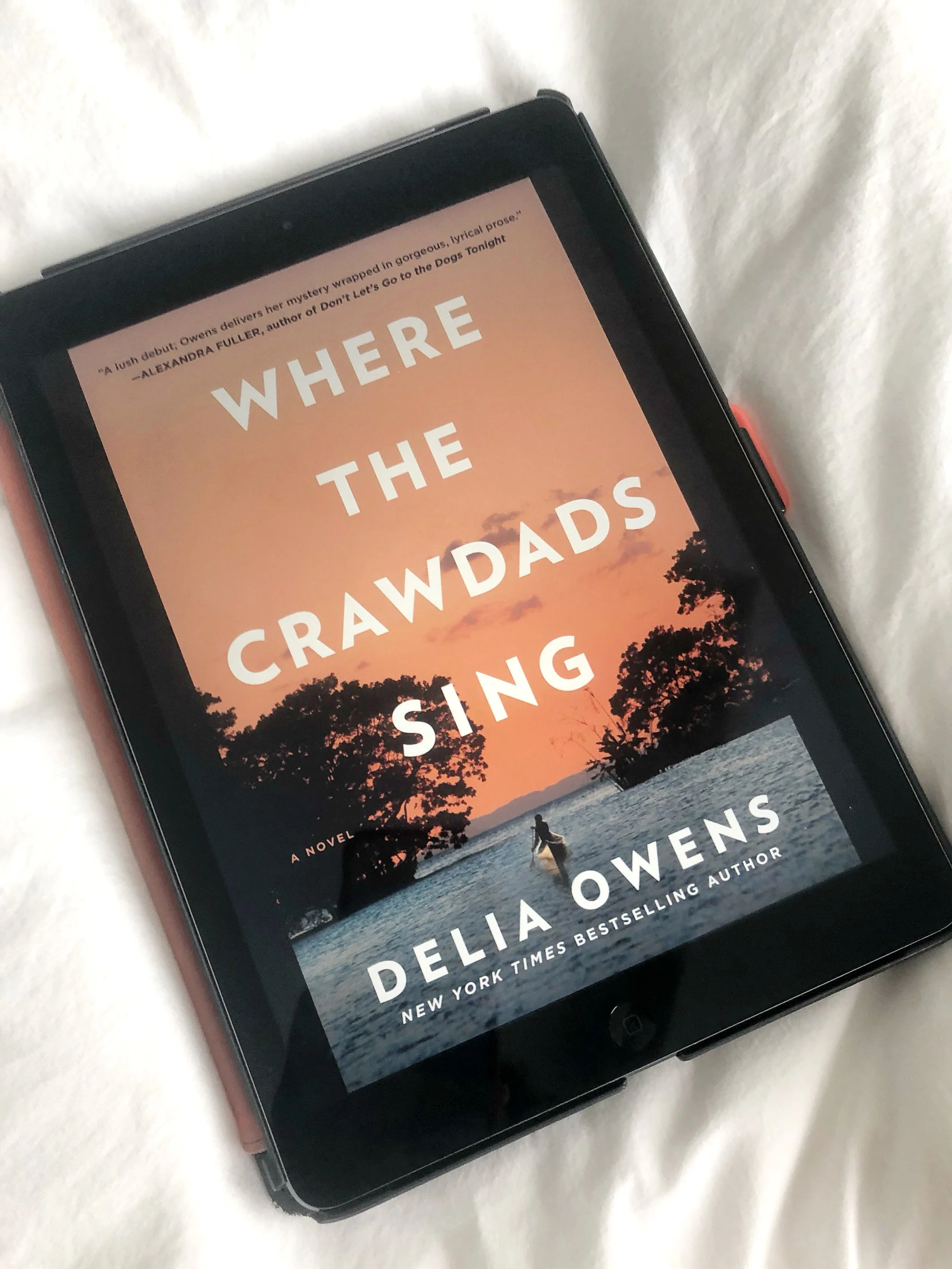Monthly Book Club: The Train to Crystal City
/Welcome to the third month of my (real-life) book club and my blog’s Virtual Book Club!
(Like always, if you didn’t catch my previous post about how it works, please click here, and then come back!)
It’s been a tad bit longer between our two book club meetings due to holiday schedules. The club decided to give ourselves a bit more time to get through the book, but we still got together after Christmas for a fun Happy Hour! I’m really enjoying getting to know these amazing women in my community. It’s so interesting to think we live next to someone all day, every day for years, but most of the time never stop to get to know him/her. I love how this book club has “opened the door” to new friends.
Back to club talk:
This month (and a half) we chose to read by The Train to Crystal City: FDR's Secret Prisoner Exchange Program and America's Only Family Internment Camp During World War II by Jan Jarboe Russell. Although historical, this is quite a different book from the historical fiction novels we’ve been reading so far. In fact, this is the first nonfiction book I’ve read in a long time.
With first-person interviews, diaries, journals, and dossiers, Russell follows several German and Japanese families through their time in Crystal City Interment Camp, as well as when they were repatriated back to their families’ “mother countries”. With mixed emotions, you learn about what many Americans, let alone Texans knew of the camp that housed thousands of Japanese, German, and few Italians (many of them first-generation American children) during World War 2 because of fear or espionage and terrorism after the bombing of Pearl Harbor.
I have to say that I had no clue this camp even existed about two areas west of San Antonio! It wasn’t taught in our history classes, there are no references (that I know of) in museums around here. (If there are, let me know because I would love to check it out.)
This book is hard to explain in summary because of the way it jumped around from personal experience to personal experience, but at the end of the day, I walked away from reading it feeling frustrated and confused by what happened in our country. Many, many families interned in the United States during this time were average, working families who ran businesses, had families, loved America, and wanted a better life for their children. Many children in these families were Americans, for all intents and purposes, yet fear drove the government to ignore these sentiments and hastily try to solve, what seemed to be at the end of reading this, a non-existent problem.
It certainly took me longer to get through this book, not because the subject matter was uninteresting, but because it sometimes read like a textbook- a lot of dates, names, etc. The author is a fellow Texan having written for the San Antonio Express-News, The New York Times, and currently for Texas Monthly.
After all is said and read, I do recommend you reading about this subject matter because it is quite interesting to learn about this somewhat hidden history.
We’ve selected The Lost Letter for February’s book. Check back later for a review & next month’s pick! Better, yet, subscribe to my blog so that you can get the post directly in your inbox. Download your e-book or purchase now so you don’t fall behind! Happy reading. :)












